ISO 14001:2015 Environmental Management System
In a world of rising cost of resources and growing public awareness of the environment an effective Environment Management System (EMS) can give companies a significant competitive advantage. ISO 14001 certification will ensure that your business focuses on its environmental impact, supported by effective management processes.
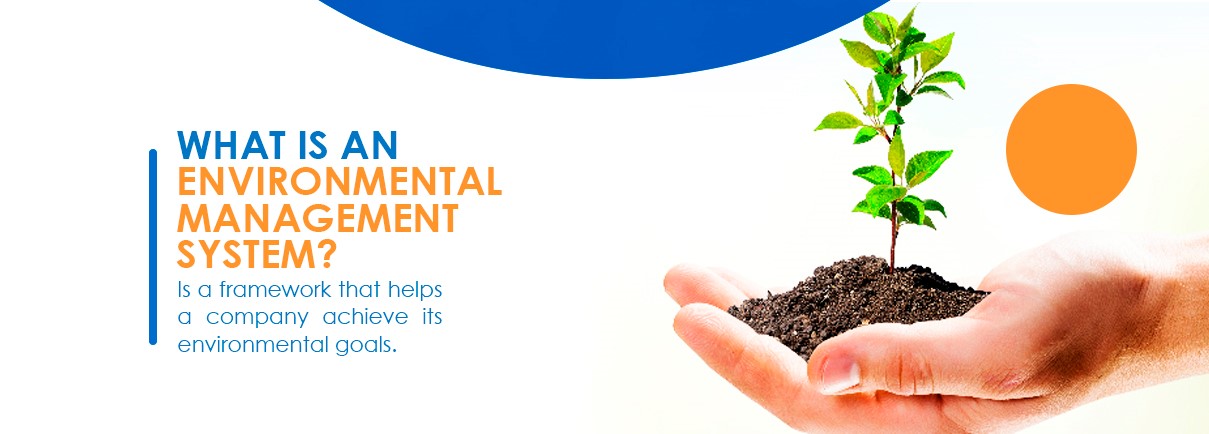
Part of the ISO 14001 family of international standards covering environmental impact and the reduction of greenhouse gas emissions, ISO 14001 is the standard that covers the design and implementation of an EMS.
This is a framework designed to measure and improve the way natural resources are used and disposed of by an organisation.
It is a generic standard which means it is applicable to organisations of all shapes and sizes. In some industries, like construction or manufacturing the business benefits are very clear – greater resource efficiency and waste management means lower costs.
But even in smaller businesses or service industries 14001 certification shows an organisational commitment to the environment and the more effective use of the world’s resources.

How will ISO 14001 help my business? (Benefits)
A well designed and implemented environmental management system should address the delicate balance between maintaining profitability and reducing environmental impact, and include:
-
Reduces Waste, Cost & Risk and ensures Emergency Preparedness
-
Better market image
-
Better customer perception
-
Better International values
-
Better perception by government authority as fulfilling legal requirements.
-
Streamlining environmental processes, reducing waste and the carbon footprint of your business
-
Reducing tax, energy and insurance bills, lowering operating costs
-
Reducing the risk of prosecution due to environmental breaches or failure to comply with the law and the associated bad PR
-
Providing your business with the credentials to satisfy growing market demand and open up global business opportunities with a recognised mark of environmental efficiency
-
Giving clients and those in your supply chain absolute confidence that your business will add value and support them in their own environmental policies.
Perhaps the most important element of ISO 14001 however, is that it is not a one-off exercise with regular reviews keeping the environment at the heart of corporate culture. In a world where environmental impact is of growing importance, an environmental management system can keep you ahead of your competition.

Challenges of Implementing ISO 14001
ISO 14001 certification is of immense value. Implementing this environmental management system has been shown to directly lead to more efficient use of resources and less waste. This is an extremely easy way to increase profitability. It has also been proven to reduce the risk of prosecution and insurance claims stemming from environmental issues. Finally, customers are reassured by the standard’s ethical basis. Here are some of the challenges sometimes associated with ISO certification:
1. Getting Started
The first major challenge in ISO 14001 implementation is to get started. Organisations feels the complexity of ISO 14001 implementation. Understanding of standard, placement of documents, training of persons are some of the challenges. Too often companies complain that they are not ready to start, and they want everything to be perfect before they begin the certification process. However, ISO implementation is considered an ongoing process which will never be perfect.
2. Setting Goals
Companies aiming for ISO 14001 certification set their own environmental targets. A company knows its own capabilities and limitations best and should be able to set realistic goals. In theory this can allow very conservative, easy-to-attain goals to be set simply for the sake of attaining certification. Given the expense of ISO certification, companies should create realistic goals to maximize return on investment.

3. Innovation & Problem Solving
Most organisations find that once they understand their environmental issues and impacts, implementing ISO 14001 is relatively simple. In some cases however, it can be significantly more complex. Sometimes a detailed statistical analysis may need to be carried out, with the necessary statistics being hard to record and more difficult to analyse.
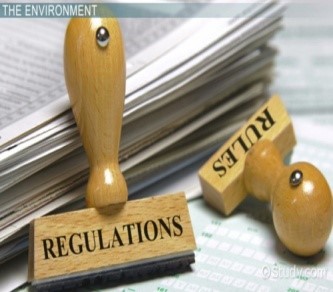 4. Applying Relevant Regulations
4. Applying Relevant Regulations
A successful ISO 14001 implementation usually requires more than just a list of acts of legislation. You should also understand in plain English how each piece of legislation applies to each part of your business, including sites, organisations and people. Legal registers such as Pegasus are available to help achieve this for a fraction of the cost of legal advice.
5. Self-Management
ISO 14001 implementation is self-managed, and its success mostly depends on the enthusiasm of the organisation’s management. Many ISO 14001 certification failures are due to the management’s lack of awareness of the resources required. Managers may also set unrealistic, ultra-lenient goals to portray their organisation in a better light than is justified.
6. Transparency

Ensuring the correct information is shared with all employees is another major challenge of ISO 14001 implementation. Frequently, information about the implementation process is not disseminated to the levels required for the maximum return possible. Customers have also been known to make purchasing decisions based on ISO 14001 certification, so they should also be informed.
7. Integration to Lean Six Sigma
Surveys suggest that environmental teams and Lean Six Sigma teams cooperate more often than not. Most organisations also admit a combined environmental management and Lean Six Sigma system would be of value to them.
Despite these risks, ISO 14001 is well worth implementing and has helped thousands of organisations reduce their environmental impact and improve their bottom line. It’s obvious there can be some challenges in achieving certification, and mistakes can be made which reduce the value of certification. With sufficient preparation however, these can be avoided and achieving ISO 14001 can be a very rewarding experience.
How does my business gain ISO 14001 Certification? (Need)
Most businesses start with ISO 9001 as this puts the quality management systems and processes in place and therefore makes it much more straightforward to implement an environmental management system.
How can ZQI help my business to gain 14001? (Support)
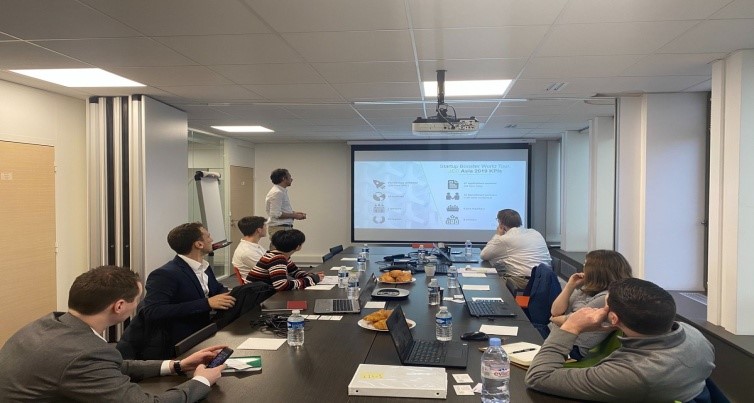
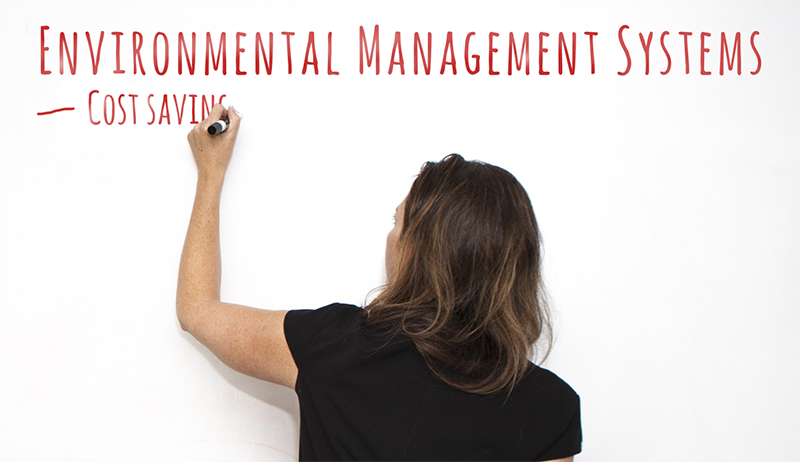
1. With Zenith Quality you can realise the Truth of Transformation.
2. We Drive Excellence & Inspire Innovation.
3. Real Challenges, Real People & Real impact.
-
ZQI has team of Experts, Assessors, Trainers & Consultants who will make this process simple, less time taking: support and guide your business towards certification using hand hold practices.
-
Our experienced assessors will help your business audit and improve its quality management systems, offering training and support where necessary.
-
The standard is designed to be generic, so can flex around the organisation – our assessors are there to help you identify what is relevant for your business, whatever its size or turnover.
-
We strive to make ISO certification as simple as possible for our clients.
-
With a flexible approach, we work with your business to make the process of gaining ISO 14001 as painless and yet as beneficial as possible.
-
Our role is to support and guide your business towards certification. We will look at your business needs and existing systems and advice you on what is right in ISO 14001 for your business.
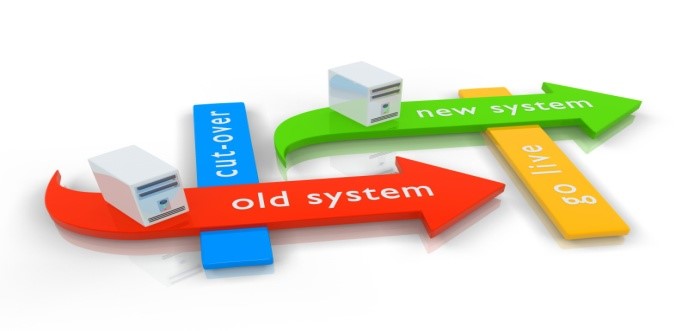
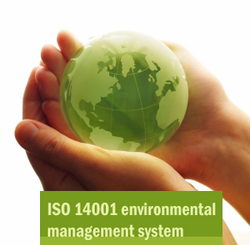
The certification process is very similar to ISO 9001, working on the principles of:
“Say What It Does” – document day to day operating procedures and systems
“Do What It Says” – work in accordance with those procedures and systems
“Prove It” – with a certification audit which confirms, from records, that the procedures and systems meet the requirements of ISO 14001 and are operated in accordance with the standard.
With a fixed fee and flexible approach, our assessors are focused on making standards work in your business.
For further details, please contact us.

